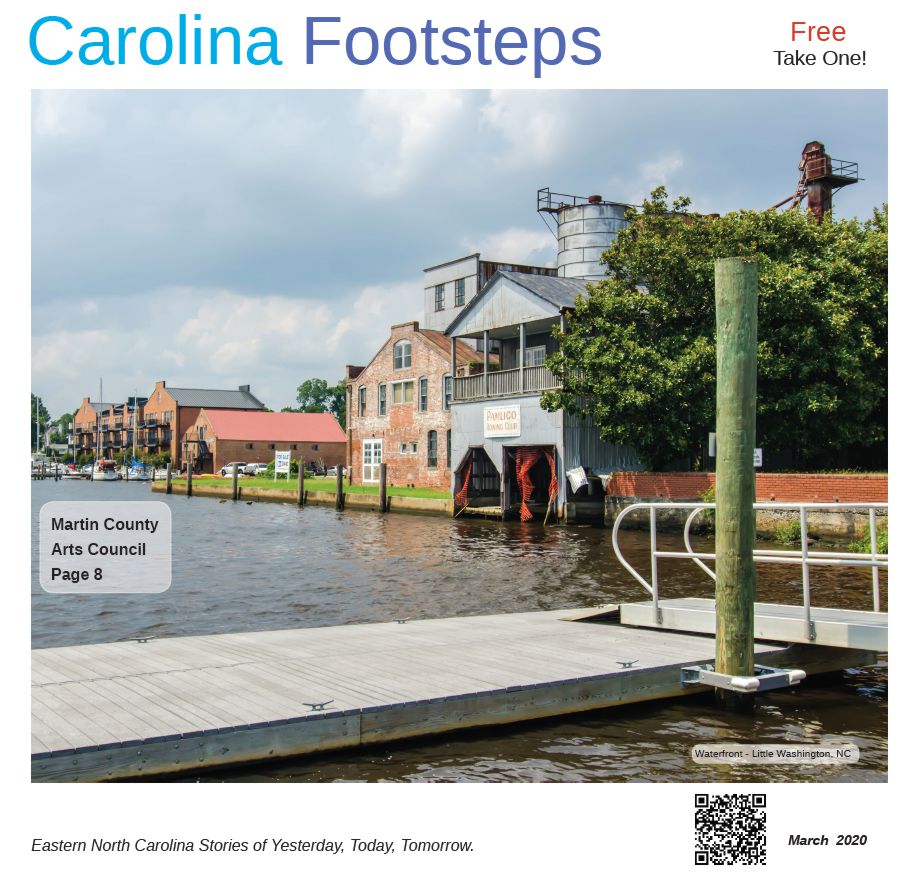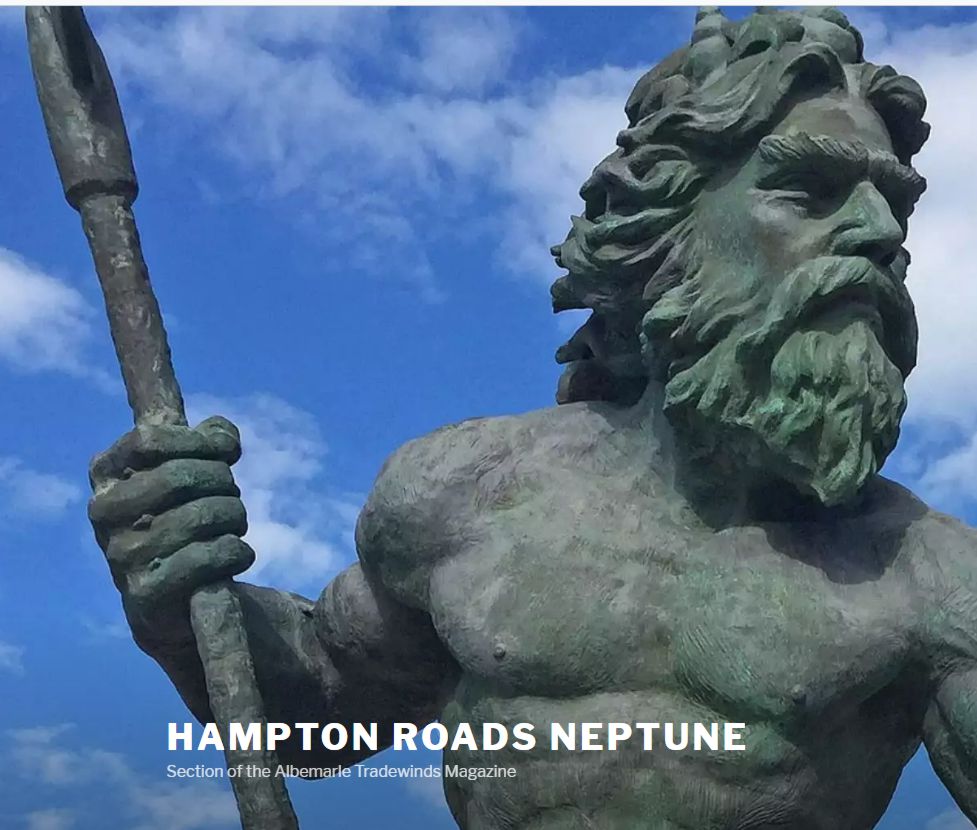“The Fathers went out into the desert, not to flee the world, but to confront themselves.”
Generally considered the father of Christian monasticism, Anthony the Great was born the son of peasant farmers in central Egypt c. A.D. 251. In about his twentieth year Anthony heard read in church the Gospel “Go, sell all that you have and give to the poor, and come follow me.” Applying the passage to himself, he departed into the desert and devoted himself to a life of asceticism. In the course of time Anthony’s reputation attracted followers and c. 385 he came out of his solitude to act as their spiritual father. Five years later he again retired into solitude.
The Apothegmata Patrum (The Sayings of the Desert Fathers), much read and venerated among the Orthodox peoples, is a collection of words collected by disciples of Anthony and of holy men and women of the ancient Desert who followed in his way; these have been passed down through the centuries. The unflinching honesty and obedience to the word and spirit of the Gospel from which these ancient sayings spring may be difficult for the modern reader to assimilate. There is no attempt at discursive exposition in the Sayings; the monks were mostly simple, unlettered men. Their words were practical, given succinctly to a particular monk or a small group in a particular situation; they are not general principles to be applied indiscriminately. They proceed from lives of radical simplicity and common sense: in the words of Mother Benedicta Ward, translator of a popular selection of the Sayings, “The essence of the spirituality of the desert is that it was not taught but caught; it was a whole way of life. It was not an esoteric doctrine…. They did not have a systematic way; they had the hard work and experience of a lifetime of striving to re-direct every aspect of body, mind, and soul to God.”
And in the words of Metropolitan Anthony of Sourozh:
Modern man seeks mainly for ‘experience—putting himself at the center of things he wishes to make them subservient to this aim…, even God becomes the source from which the highest experience flows, instead of being Him Whom we adore, worship, and are prepared to serve, whatever the cost to us. Such an attitude was unknown to the Desert; moreover, the desert repudiated it as sacrilegious…
“These were men and women who had reached a humility of which we have no idea…. They were ascetics, ruthless to themselves, yet so human, so immensely compassionate not only to the needs of men but also to their frailty and their sins; men and women wrapped in a depth of inner silence of which we have no idea and who taught by ‘Being’, not by speech: ‘If a man cannot understand my silence, he will never understand my words.’ ”
……………………………..
Words of St. Anthony the Great (born circa A.D. 251)
The brethren came to Abba Anthony and said to him, “Speak a word; how are we to be saved?” The old man said to them, “You have heard the Scriptures. That should teach you how.” But they said, “We want to hear from you, too, Father.” Then the old man said to them, “The Gospel says, “if anyone strikes you on one cheek, turn to him the other also” (Matt. 5:39). They said, “We cannot do that.” The old man said, “If you cannot offer the other cheek, at least allow one cheek to be struck.” “We cannot do that either,” they said. So he said, “If you are not able to do that, do not return evil for evil,” and they said, “We cannot do that either.” Then the old man said to his disciple, “Prepare a little brew of corn for these invalids. If you cannot do this, or that, what can I do for you? What you need is prayers.”
………………………………………
A brother said to Abba Anthony, “Pray for me.” The old man said to him, “I will have no mercy upon you, nor will God have any, if you yourself do not make an effort and if you do not pray to God.”
………………………………………
He also said, “Our life is with our neighbor. If we gain our brother, we have gained God, but if we scandalize our brother, we have sinned against Christ.”
……………………………………..
Abba Anthony said to Abba Poemen, “This is the great work of a man: always to take the blame for his own sins before God and to expect temptation to his last breath.”
……………………………………………….
Abba Anthony said, “I saw the snares that the enemy spreads out over the world and I said groaning, ‘What can get through from such snares?’ Then I heard a voice saying to me, ‘Humility.’”
Inquiries c/o St. George’s Orthodox Church, P.O. Box 38, Edenton, NC. (252) 482-2006.
ORTHODOX CHRISTIANITY: WORDS OF THE DESERT FATHERS
 Reviewed by kensunm
on
9:30:00 PM
Rating:
Reviewed by kensunm
on
9:30:00 PM
Rating:
 Reviewed by kensunm
on
9:30:00 PM
Rating:
Reviewed by kensunm
on
9:30:00 PM
Rating:







No comments: